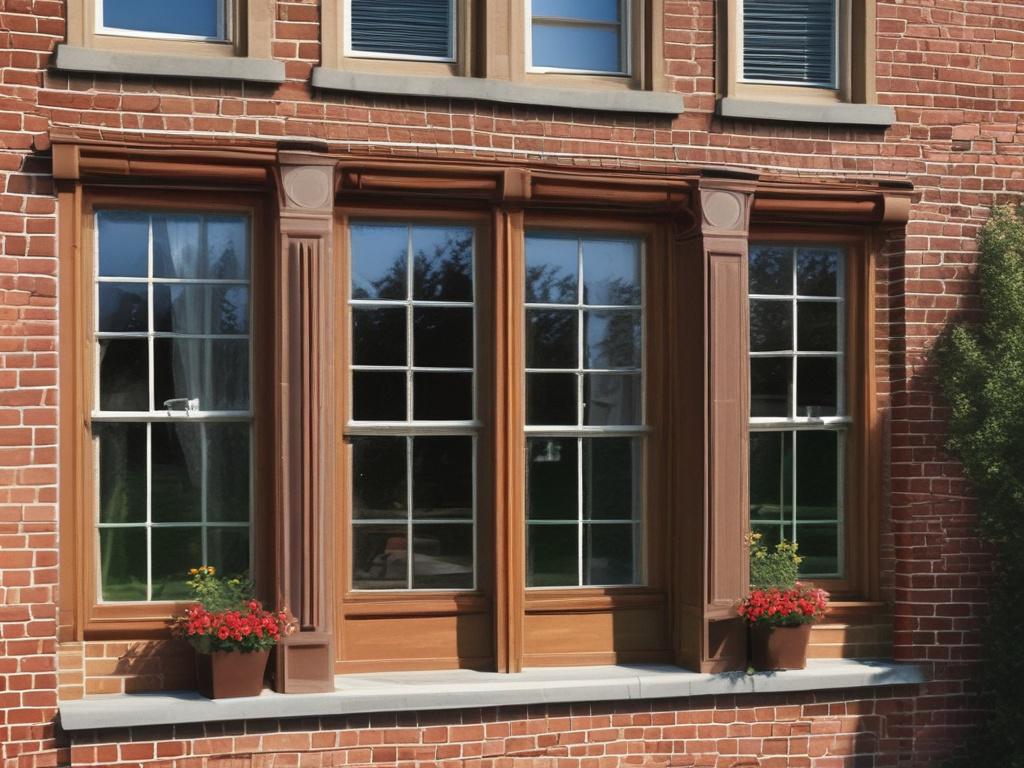
Windows are more than just glass and frames—they're the eyes of your home. They connect your indoor space to the outside world, let in the light, offer fresh air, and, if maintained well, silently guard against drafts and water. But here’s the truth: no window, no matter how modern or durable, can withstand neglect.
Routine window maintenance is the secret to longevity. It's not flashy. It's not complicated. But it works—and it saves you money.
Dust. Pollen. Pollution. Grime. Over time, these invisible enemies cloud your view and slowly break down seals and finishes. If you're only cleaning your windows when the sun finally exposes the smudges, you're already behind.
Use a soft cloth with warm water and mild detergent. Microfiber is your best friend here. For exterior panes, a vinegar solution works wonders. And don’t forget the frames—especially if they’re wood. Neglected frames can swell, crack, or even rot. In short: clean like you mean it.
Weatherstripping isn't glamorous. But it's a silent hero in your battle against energy loss. When it starts to deteriorate (and it will), your windows let in cold air, hot air, and sometimes worse—moisture.
Check for gaps, brittleness, or looseness. Replacing it? Inexpensive. Ignoring it? Expensive. A few minutes of attention here can protect not just your windows, but your entire home’s energy efficiency.
Windows that stick or squeal aren’t just annoying—they’re warning signs. Friction wears down the mechanics. Rust creeps in. You push harder. Something snaps.
Apply a silicone-based lubricant to tracks, hinges, locks, and cranks. Not WD-40—silicone. The right lubricant keeps things gliding effortlessly and adds years of life to moving parts. This is the five-minute fix most homeowners never do.
Peeling paint. Warped wood. A faint musty smell. These are whispers of water damage, and windows are ground zero. Examine the sills and surrounding walls. Touch them. Are they soft? Do they flake?
Even a tiny leak, over time, can rot the wood or foster mold. The sooner you catch it, the cheaper the fix. Don’t wait for visible puddles—by then, it’s too late.
Old caulk looks harmless. It’s not. Cracked or shrinking caulk can invite water and cold air into your home. Once a year—preferably before winter—do a perimeter check. If you see gaps, scrape the old stuff out and apply fresh, paintable exterior caulk.
Think of caulk like armor. If there’s a break in it, your window is exposed.
If you have vinyl windows, check this: are the weep holes (those small drainage ports near the bottom of the frame) clogged? Because if they are, rainwater has nowhere to go—and that means interior leaks.
Use a toothpick or small wire to poke them clean. It’s oddly satisfying. More importantly, it prevents slow, hidden water damage.
Shrubs and tree limbs brushing against windows may seem innocent, even picturesque. But they hold moisture against the frame, invite insects, and scratch the glass in windstorms. Trim them. Give your windows breathing room.
No, you don’t need fancy tools or contractor-grade skills to extend your windows' lifespan. You just need awareness, a little effort, and consistency.
But if your windows are already showing signs of deeper trouble—severe drafts, visible rot, or moisture between panes—it might be time for a professional evaluation. Nicholas General Contracting Inc. serves Rockland, Orange, Putnam, and Bergen Counties with expert solutions in windows, roofing, and siding. When regular window maintenance isn’t enough, don’t hesitate to give us a call.